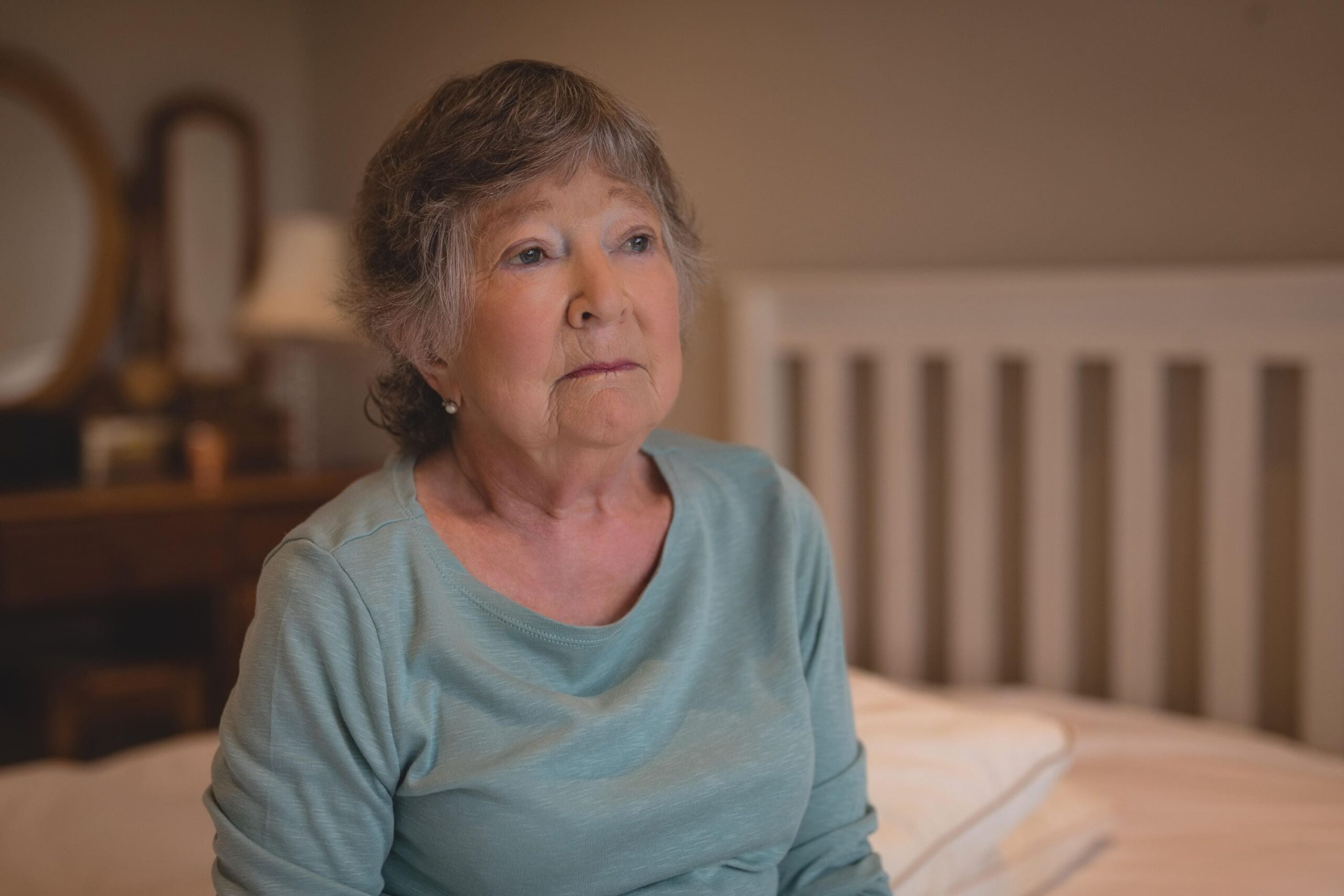Being a caregiver for an elderly loved one comes with its challenges, especially when combined with the stress you may be feeling if they have recently been hospitalised due to illness or injury.
The effects of the stay may last for weeks, months or even years, so what can caregivers do to help their elderly loved ones regain their confidence and independence?
Support their transition
Transitioning from the hospital back to their home, or yours depending on the circumstances, is one of the most important steps when caring for an elderly loved one.
Once a doctor gives your loved one the all-clear and gives notice that your loved one will be discharged, you should begin to prepare the home that they will be residing in. Consulting a doctor on what changes in the home would be most beneficial can be a good start.
You may want to consider:
- Installing grab bars in the bathroom and rails on the stairs
- Removing any rugs or securing them to the floor
- Placing necessities in easily accessible areas such as medication, hearing aids and glasses
- Installing wheelchair ramps if needed
Be patient and understanding
Recovering from a stretch in a hospital can be confronting and difficult, emotionally and physically, for people of any age but particularly for elderly people.
During their recovery, your loved one may be feeling a range of emotions including anxiety, anger and frustration so it is important to meet them with an open mind and good communication skills.
Your loved one may require more assistance than both you, and they, originally expected which can be difficult for all involved.
As such, don’t be afraid to ask for help from others and try to accommodate their needs as much as possible and help them to find real solutions to their problems.
Help them to avoid stress
After hospitalisation your elderly loved one may need help with everyday activities including personal care, cooking, cleaning walking around.
They may also have an extended routine set up by healthcare professionals such as physical therapy sessions, doctor appointments and new medications.
All of these new changes to regular routines can cause stress, so helping them out as much as possible during this time could be of great benefit.
If they have been in the hospital for a while they may also need help with admin tasks such as organising their finances or even making a hospital medical negligence claim if they received poor care during their time there.
This may be more common than you think as unfortunately the differences in the standard of medical care professionals range around the UK.
Consider extra care
Bringing in an extra pair of hands in the form of non-medical home care can be a great way to offer your loved one the support they need.
For many, caring for an elderly loved one can take up a lot of time even for the most dedicated and supportive caregiver – especially if they have young children or other dependents.
As such, hiring professional home care full-time or part-time can allow you to recharge and continue caring for yourself and others.
